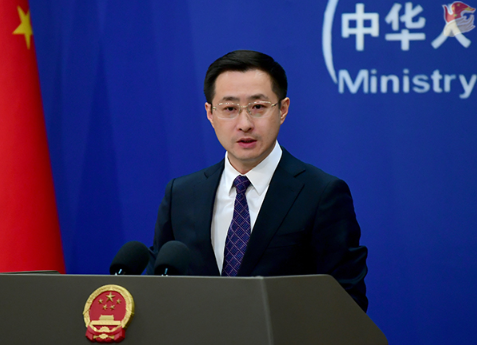A plan for economic security would be advantageous for Japan.
Economic security has become an established concept in the present era as the return of great power competition muddles the line between security and economic issues. Governments are increasingly engaged in areas that had once seemed more the domain of private enterprise, particularly in acquisition and control over critical and emerging technologies.
Japan has in many ways been a frontrunner in economic security policy in recent years, understanding its relative shortages vis-à-vis the United States and China, and marshalling resources to enhance domestic capacity and promote cross-border cooperation with like-minded partners.
As the geopolitical situation deteriorates and countries increasingly look inward to generate national power, and with industrial policy increasing...









